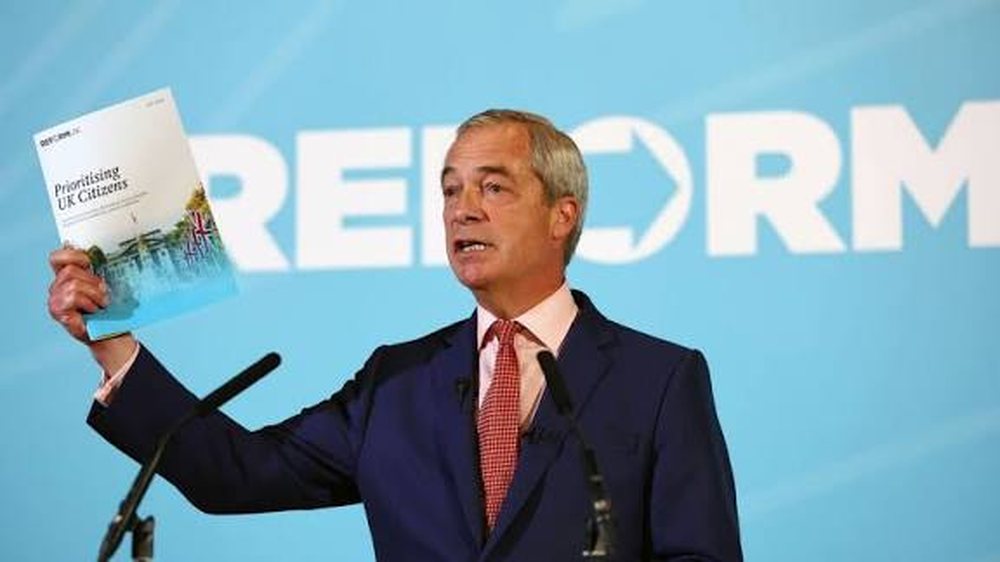
Britain's center-right Conservative Party, currently the official opposition, has entered a new political phase, characterized by strong anti-immigration rhetoric and promises. Under the influence and pressure of Nigel Farage's Reform Party, which is positioned even further to the right of the political spectrum, the Conservative Party appears to be trying to regain ground through tough policies on immigrants.
At their annual conference held in Manchester, the Conservatives have made public a series of promises aimed at convincing the electorate that, if they return to power in four years — a scenario that most analysts consider highly unlikely — they will take drastic measures to combat illegal immigration and significantly reduce the number of foreigners in the country.
Under their plan, the Conservatives have stated that they will deport around 750,000 illegal immigrants within a ten-year period and that they will spend 1.6 billion pounds a year on strengthening the Border Force.
One of the most controversial aspects of this program is the permanent ban on all those who enter Britain illegally to seek asylum, denying them the right to make new claims. Furthermore, the Conservatives have announced that decisions on appeals of rejected asylum seekers will no longer be made by the Courts of Appeal, but by Home Office officials themselves, a proposal that has raised concerns about breaches of the principles of justice.
Another element that has attracted attention is the party's pledge to remove Britain from the jurisdiction of the European Court of Human Rights (ECHR) for the first time in 75 years. Currently, only Russia and Belarus are outside the court's jurisdiction, making the proposal an unusual step for a Western democracy like Britain.
The Conservatives' plans are largely modeled after former US President Donald Trump's immigration policies, and many analysts note that these promises have been formulated in full awareness of the lack of a realistic chance of returning to power, especially under the current leadership of Kim Badenoch, who is considered a tough figure but with limited popular support.
At a time when Nigel Farage's Reform party is gaining ground in the polls and attracting disillusioned right-wing voters, the Conservatives are under great pressure to maintain their status as the second largest political force in the country and the main opposition to the ruling Labour Party.
If this is not achieved, there is a real risk that the Conservative Party, once one of the oldest and most successful in the world, will lose its historic role in British politics.
In this context, the Conservatives' new anti-immigration promises, which sound more like an attempt to stop the loss of support for Farage, are being widely seen as exaggerated, unrealistic and essentially disappointing for a party that has governed the country for more than 15 years over the past few decades.






















